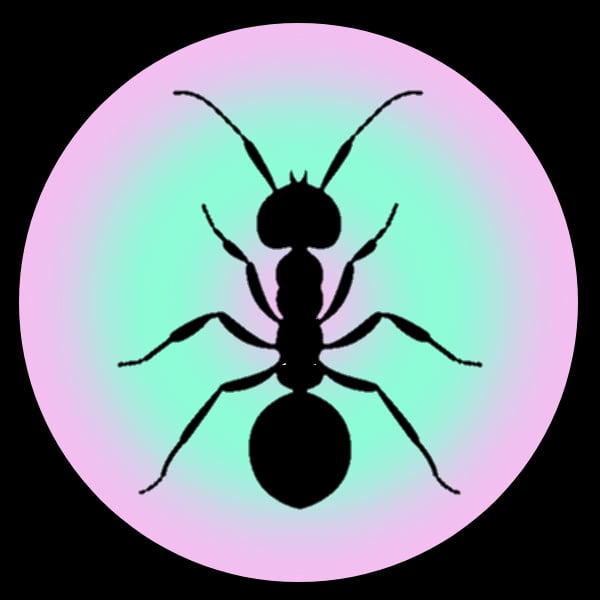Tbf advancement in math usually means “random shit we’re doing for the fun of it” and then 40 years later an actual application is discovered
It took centuries for people to realize number theory could be used for encryption
Wait are we supposed to be making super precise blueprints? They never build what I draw so I just give rough dimensions on a sketch and specify the important bits
I was gonna say…
I mean there’s not that much precision needed to pick out the toppings on a cheeseburger. You don’t need to specify the mass of the pickles man we do this all day.
Pure mathematician here - some of us argue “mathematics is a language”, others of us argue “language gets in the way of mathematics”.
The latter feels much more true; as a species we’re absolutely awful when it comes to talking about abstract things. The thing is, those abstract things are often VERY interesting.
It’s like making a map and being fascinated with the type of trees rather than the shape of the land, because the types of trees tell us about the climate, soil, and even history of the land.
I would say a important part of my job is to find the appropriate mathematical language to model computer programs. In my experience, using efficient language not only helps us discover more structures and connections between different kinds of program, but also leads to efficient and simplistic real-world implementations.
I would argue, from observing the development of this field, It seems like picking the right mathematical language is essential whether you are interested in theory or practicality.
I am not a mathematician, perhaps you can comment on this. From what I read, I feel like a good amount of the achievement for Grothendieck stems from finding the right language to describe the given problem. The result sometimes will follow like magic, once the correct language is discovered.
See now, I’d argue that the language comes after the mathematics. For example, I walk to work each day; part of walking to work is trying to find the route that lets me lie in the longest.
Now, humans are pretty good at exploring and finding alternative routes between locations, and they also tend to locate the shortest route given enough time.
Trying to explain how this intuitive activity works necessitates the use of graph theory. The graph theory was something our brain had constructed in the background, but it wasn’t entirely conscious. Trying to explain this in natural language would take pages, however…
Given a set V of street intersections, and a set E of streets connecting two intersections, and a set W of weights assigned to each E. I can calculate the shortest route by applying one of the pathfinding algorithms (which are expressed in this notation).
This explanation will cover any pathfinding problem, but it’s not great at conveying what is a really happening. The language we must use gets in the way of conveying the mathematics that is going on.
We do need a language (telepathy not being on the menu), but that language is a separate entity from the mathematics itself.
There are “mathematical languages”, but these are present to describe mathematics. There are mathematical theories of language, but again the language itself is not mathematics - its structure, however, has mathematical properties.
I suppose you could say “fire has the property of being hot, but it isn’t hotness itself”? Language is used to communicate mathematics, but it is not mathematics itself.
Now, this is not to discount notational developments in easing communication - that’s a great branch as you have to check your new language and its rules match the mathematics it tries to describe. However, again, it’s important not to conflate the thing you are describing with the thing you are using to describe it!
“language gets in the way of mathematics”.
Look how often one branch of mathematics is found to aid solving a problem in a previously unconnected area.
This demonstrates our mathematical history and choice of language/taxonomy is suboptimal.
You know, I’d never considered that, but yes that does indeed seem to be the case!
I like how a lot of mathematicians won’t post their code because the pythonistas would destroy them.
I’m a phd chemist who does safety work for (mostly) engineers. I get a lot of “but you can do quantum physics, this should be easy”.
I always reply that it’s just basic maths, anyone who graduated highschool can “do” quantum physics. But I’m convinced all the people who say they can visualize whats going on are just liars. But then, that’s also how I feel about FEM, so what do I know.
Supersets and subsets are pretty simple, and I wish more people would use them when contextualizing human knowledge. (Especially supersets)
I tried explaining something once using sets and supersets, and they didn’t grasp it at all.
Probably your explanation needed more morphisms and a monad
I agree; that’s why I’m disappointed.
So you’re telling me this subset is some kind of Santa’s boot in green?
deleted by creator
The guy on the bottom reminds me of The Math Sorcerer




